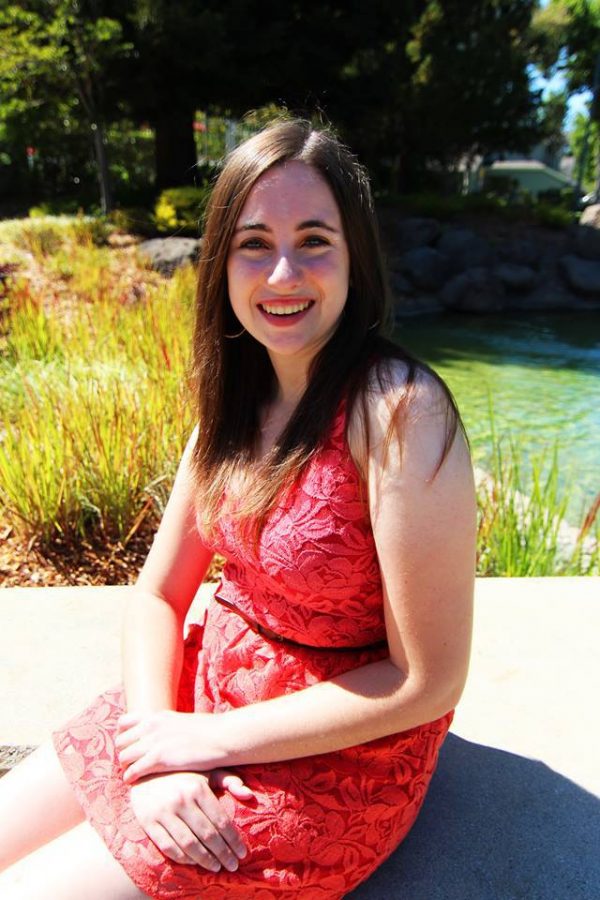Gottlieb speaks about why self-publishing is beneficial, if not better than, using a publishing house.
When senior Allyson Gottlieb decided to self-publish her book, the last thing she expected was rejection.
And by a computer program, no less.
“It didn’t recognize my document, and I was like, ‘What do you mean you don’t recognize my book?’” Gottlieb said. “I was literally tearing my hair out for two days.”
Two days later — after her document was emailed across the country, turned into a Microsoft Word document and emailed back to Gottlieb —her book was finally accepted by the formatting software.
Despite problems like Gottlieb’s, self-publishing remains a huge industry with many authors bypassing traditional publishing houses such as Random House or Bloomsbury to release their work.
Gottlieb, one of the winners of the 2012 Central California Council of Teachers of English Young Writers Award, decided to self-publish after being inspired by a friend who had hit a wall trying to traditionally publish a book of her own. Gottlieb’s e-novella “Darkest Legacy” was released on July 12 and can only be purchased on Amazon for access on the Kindle.

For those who doubt the quality self-publishing, Gottlieb is quick to correct any accusations that all self-published works are of a lower caliber than those traditionally published.
Gottlieb’s editor, Anne Victory, assured that good self-published novels go through a rigorous editing process before being printed.
“Normally when somebody self-publishes they need to arrange for editing,” Victory said. “You have content editing, where somebody looks at the story. Then there’s a copy editor who checks if the sentences sound good. Finally, there’s the proofreader, who just checks for typos and grammar mistakes.”
According to Victory, a freelance editor for traditional publishing houses as well as self-published clients, this process can be more lengthy than that used by traditional publishers.
Many self-published manuscripts are also edited by friends the author has made on online writing forums, often before being sent to an editor. With the accessibility of the Internet prospective self-published authors are able to connect with people all around the world. Friends made on these forums patiently dismantle the entirety of a story and help build it back up, doing the work of a concept editor without any form of monetary compensation.
Senior Emma Seyer, who has been friends with Gottlieb for over 10 years, says that she works as an advisor for Gottlieb’s work, approving the good ones and attempting to guide her away from those she doesn’t agree with. Kassandra Kush, a fellow self-published author from Florida and another close friend of Gottlieb, is acknowledged at the back of Gottlieb’s novella as one of her greatest supporters.
But even after publishing, the work of a self-published author continues.
“The thing with self-publishing is that you can never stop marketing,” Gottlieb said. “Last weekend I gave copies away for free on Amazon. 700 people got a copy.”
According to Gottlieb, the novella was ranked 12th place on the Amazon bestseller list for free paranormal and urban fantasy eBooks the weekend she gave away copies.
Despite the hurdles Gottlieb has faced to get to this point, she is working on a sequel to “Darkest Legacy” titled “Darkest Shadows,” which is scheduled to come out this winter.
“Self publishing is really great,” Gottlieb said. “You just have to be willing to work a lot harder and to put a lot more faith in yourself to do it.”
[text title=”Darkest Legacy Excerpt (Chapter One)”]
[/text]








